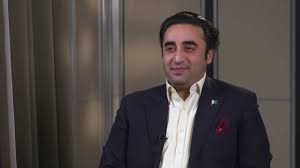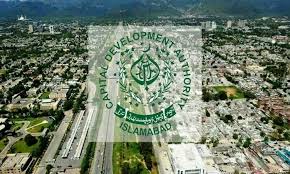WHO declares rapidly spreading monkeypox outbreak a global health emergency

United Nations: The World Health Organization (WHO), a Geneva-based UN agency, has activated its highest alert level for the growing monkeypox outbreak, declaring the virus a public health emergency of international concern.
The rare designation means the WHO now views the outbreak as a significant enough threat to global health that a coordinated international response is needed to prevent the virus from spreading further and potentially escalating into a pandemic.
Monkeypox is an outbreak that has spread through new modes of transmission about which ‘too little’ is known, and which meets the criteria of an emergency under International Health Regulations.
“For all of these reasons, I have decided that the global monkeypox outbreak represents a public health emergency of international concern”, WHO’s Director-General Tedros Adhanom Gebreyesus announced on Saturday during a press conference in Geneva.
Tedros indicated that the current risk of Monkeypox was moderate globally and in all regions, except in the European region where the risk was high.
“There is also a clear risk of further international spread, although the risk of interference with international traffic remains low for the moment”, he added.
Currently, there are more than 16,000 reported cases from 75 countries and territories and five deaths.
The WHO’s chief said that although he was declaring a public health emergency of international concern, for the moment the Monkeypox outbreak was concentrated.
“That means that this is an outbreak that can be stopped with the right strategies in the right groups”, he explained.
Tedros said that it was essential that all countries work closely with communities, to design and deliver effective information and services, and to adopt measures that protect the health, human rights and dignity of affected communities.
“Stigma and discrimination can be as dangerous as any virus”, he warned, calling on civil society organisations, including those with experience in working with people living with HIV, to work with the agency on fighting stigma and discrimination.
“With the tools we have right now, we can stop transmission and bring this outbreak under control”, he highlighted.
The WHO continues to work with patients and community advocates to develop and deliver information tailored to communities affected by monkeypox.
Tedros clarified that the Emergency Committee under the International Health Regulations, convened last Thursday, could not reach a consensus about Monkeypox.
He explained that the WHO had to consider five elements to decide whether an outbreak was constituting a public health emergency of international concern.
— Information provided by countries – which in this case shows that the virus has spread rapidly to many countries that have not seen it before;
— The three criteria for declaring a public health emergency of international concern under the International Health Regulations— being an extraordinary event, a public health risk to other states and a potential need to require a coordinated international response;
— The advice of the Emergency Committee, which did not reach a consensus;
— Scientific principles, evidence and other relevant information – which according to Tedros are currently insufficient and leave them with many unknowns;
— The risk to human health, international spread, and the potential for interference with international traffic.
The Committee’s member, in support of declaring the emergency, expressed that future waves of Monkeypox cases were expected as the virus would be introduced in additional susceptible populations, and that the current magnitude of the outbreak might be underestimated.
They also cited the “moral duty” to deploy all means and tools available to respond to the outbreak, as highlighted by leaders of the various social communities from several countries.
The experts underscored that the modes of transmission sustaining the current outbreak were still not fully understood.
In order to fight the Monkeypox outbreak, the WHO recommends countries to:
— Implement a coordinated response to stop transmission and protect vulnerable groups
— Engage and protect affected communities
— Intensify surveillance and public health measures
— Strengthen clinical management and infection prevention and control in hospitals and clinics
— Accelerate research into the use of vaccines, therapeutics and other tools
A full set of recommendations adapted to different country contexts was published on the WHO’s website, and the agency had also launched a live data dashboard for the monkeypox outbreak, it was pointed out.
The WHO now has three active public health emergencies of international concern: COVID-19, polio and Monkeypox.





